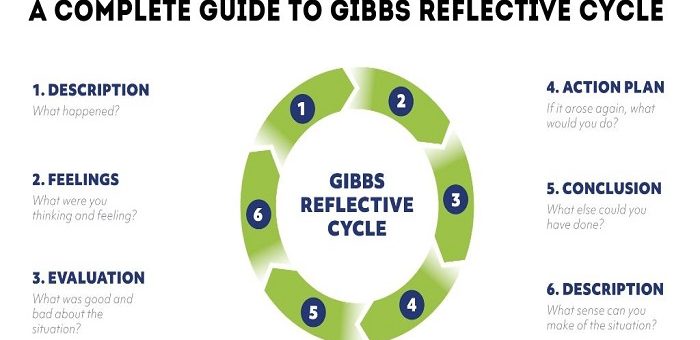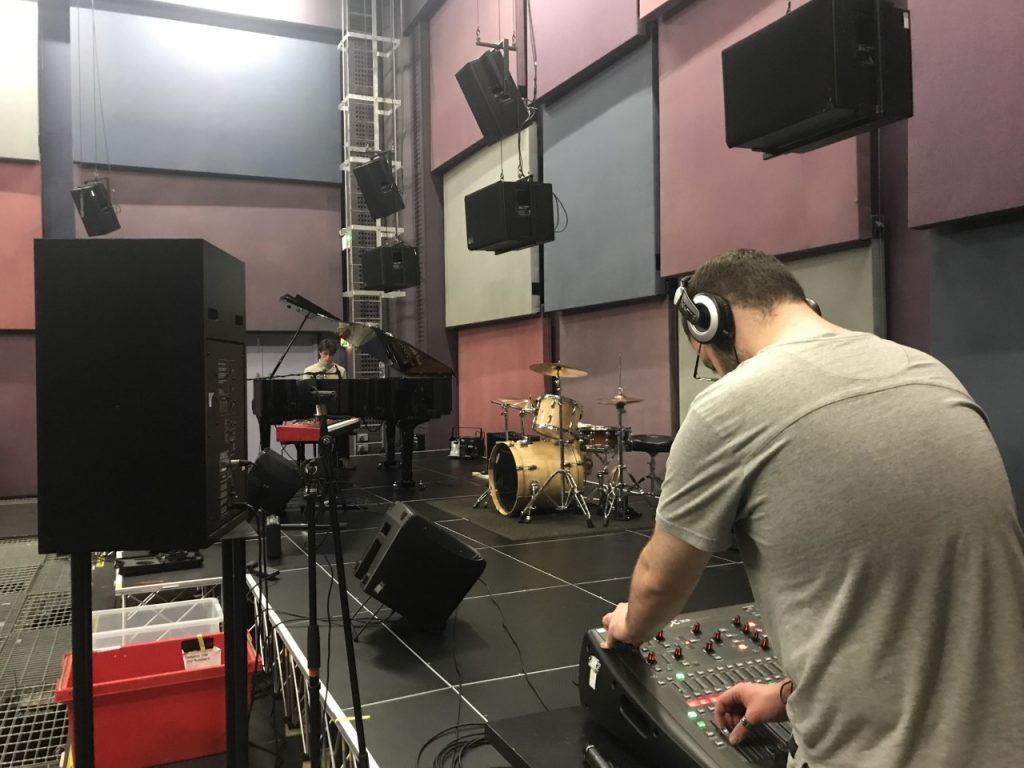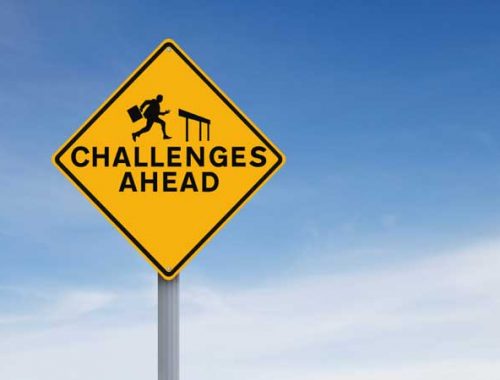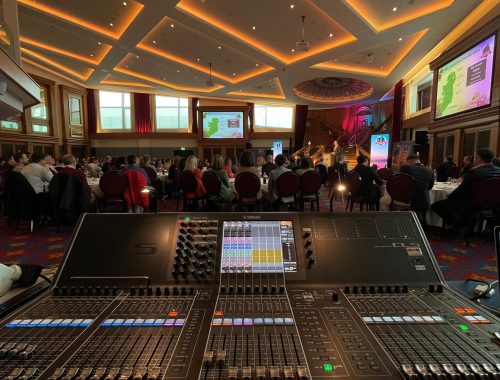How important are hierarchies?
The AEL3001: Work-based Learning module is unlike any other I have undertaken in my time at university. My chosen subject of Broadcast Production is a practice-based course as it is, but this module gives new meaning to practical learning. With the CoVid-19 pandemic interrupting the end of my first year and the entirety of my second year of university, I felt compelled to take this module. For the reason that I felt I had missed out on the opportunity to network and make connections and contacts within the broadcast industry, and I reckoned that this module would help me to do that. I expected this module to help me make some contacts, but I was not anticipating how much of an insight it would give me to the world of work and professional relations within the required 100 hours.

To reflect upon my experiences, I will be using the Gibbs’ Reflective Cycle. I feel this method is most helpful as it has a clear set of steps to follow to aid in learning from what has happened and helps prepare for similar situations in the future. This is especially important in this context of reflecting on a challenging aspect of my placement as it will serve me well to learn as much as I can now and carry it forward in my professional life.
“Reflection offers… the opportunity to consider how… personal experiences and observations shape… thinking and acceptance of new ideas.”
-I.S. Adeanai et al.
I undertook two placements to fulfil the requirements of this module. The first was with Big Telly Theatre Company and the second with the SARC radio team. I had small amounts of prior experience in both settings, but I was keen to learn more about both. With Big Telly the conduction of the placement was very professional, with daily call-sheets and I was to help with a pre-existing project conceptualised by professionals. With the radio team at SARC things were very different. I was to develop and create my own project completely independently. I dedicated the first semester of the year to working primarily with Big Telly, from October until December and have worked from January to present on SARC radio.
With Big Telly, I felt my experience there was more akin to a sixth-form work experience week than a university level placement. The professionals working on the production of a devised show called ‘Department Story’ were welcoming and friendly, but I did not get the opportunity to work in the areas I had expressed interest in. I was grateful for the experience, and I did make some very good contacts in the art department, but I cannot say truthfully that the placement met my expectations.
It introduced me more to the hierarchies present within any working environment and the importance of voicing my concerns. Research done by Mona Weiss has identified “…different reasons for why people do not speak up, such as fear of harming relationships with colleagues and superiors…the fear that others could disapprove of one’s input…or a lack of individual assertiveness.” (66) Unfortunately, I have found this to be applicable to my situation, I did not speak up because I felt it was pointless, I was only there for two months. Also, I did not want to ‘get in the way’ of the professionals I was working alongside. I appreciate that my experience was probably low on the list of priorities for the managers and producers.

So, with this in mind, I was much more determined to have the experience I wanted with my second placement. After 17 years in education, I was and still am very used to having my time structured regarding deadlines. However, with the SARC radio team, I was completely on my own. I found this difficult in terms of discipline, but the freedom allowed me to be so much more creative and forced me to learn new skills and ask for help from others. What I found to be the key difference was that the people I was asking for help from were my peers, so I found them much more approachable, the fear of my concerns or input being inappropriate were alleviated and in turn I had a much more positive experience.

With all these thoughts about the positives and negatives of hierarchies, research led me to the case of Martin Bromiley. Whilst the context of his research is in healthcare, it is applicable to all hierarchy-based scenarios. Bromiley is an airline pilot, who’s wife passed away during a medical procedure. The professionals at the top of the hierarchy involved in her care did not take into account the concerns of those professionals lower on the hierarchy. He drew parallels between this from his own high-risk profession, and proposed the importance of accepting error as a part of any process, not to be eliminated but to be properly accounted for with reactionary measures (2442-2445).

“The nurses were clearly aware that things were going wrong, but seemed unable to say anything. We are taught respect for our senior and/or experienced colleagues.
-Martin Bromiley
Finding this helped me to reach a conclusion about my own experiences. Whilst not in any way as high-risk as what Bromiley researched, his treatment of hierarchies resonated with me. The reason I found my second placement much easier and was able to use it to do all the things I wished I had done differently in my first placement was because of the absence of a hierarchy. I felt much more able to communicate freely with those I was working with as I did not view them as above me, or as more important. In turn, I was also able to learn new skills and implement changes in my practice by observing and working with others who had different interests and therefore greater skills in certain aspects, such as audio editing.
Works Cited
- “Four Keys to a Healthy Workplace Hierarchy.” Greater Good, 29 Sept. 2020, greatergood.berkeley.edu/article/item/four_keys_to_a_healthy_workplace_hierarchy.
- Adeani, Ikin Syamsudin, R. Bunga Febriani, and Syafryadin Syafryadin. “USING GIBBS’REFLECTIVE CYCLE IN MAKING REFLECTIONS OF LITERARY ANALYSIS.” Indonesian EFL Journal 6.2 (2020): 139-148.
- Admin. “WHAT IS GIBB’S REFLECTIVE CYCLE?” BLOG | NURSING ASSIGNMENT WRITER, 8 Aug. 2020, nursingassignmentwriters.co.uk/blog/what-is-gibbs-reflective-cycle.
- Bromiley, M. (2018). Martin Bromiley. [online] Patient Safety Movement. Available at: https://patientsafetymovement.org/speaker/martin-bromiley/.
- Bromiley, Martin. “Have you ever made a mistake.” R Coll Anaesth Bull 48 (2008): 2442-5.
- Mona Weiss, Michaela Kolbe, Gudela Grote, Donat R. Spahn & Bastian Grande (2017) Why didn’t you say something? Effects of after-event reviews on voice behaviour and hierarchy beliefs in multi-professional action teams, European Journal of Work and Organizational Psychology, 26:1, 66-80


